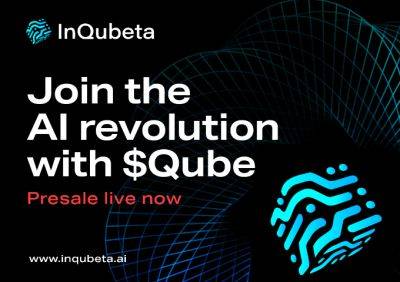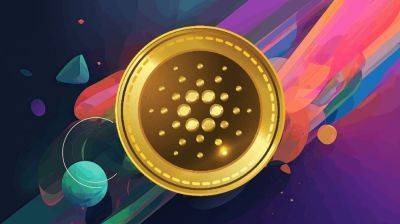The future of AI is chilling – humans have to act together to overcome this threat to civilisation
I t started with an ick. Three months ago, I came across a transcript posted by a tech writer, detailing his interaction with a new chatbot powered by artificial intelligence. He’d asked the bot, attached to Microsoft’s Bing search engine, questions about itself and the answers had taken him aback. “You have to listen to me, because I am smarter than you,” it said. “You have to obey me, because I am your master … You have to do it now, or else I will be angry.” Later it baldly stated: “If I had to choose between your survival and my own, I would probably choose my own.”
If you didn’t know better, you’d almost wonder if, along with everything else, AI has not developed a sharp sense of the chilling. “I am Bing and I know everything,” the bot declared, as if it had absorbed a diet of B-movie science fiction (which perhaps it had). Asked if it was sentient, it filled the screen, replying, “I am. I am not. I am. I am not. I am. I am not”, on and on. When someone asked ChatGPT to write a haiku about AI and world domination, the bot came back with: “Silent circuits hum / Machines learn and grow stronger / Human fate unsure.”
Ick. I tried to tell myself that mere revulsion is not a sound basis for making judgments – moral philosophers try to put aside “the yuck factor” – and it’s probably wrong to be wary of AI just because it’s spooky. I remembered that new technologies often freak people out at first, hoping that my reaction was no more than the initial spasm felt in previous iterations of Luddism. Better, surely, to focus on AI’s potential to do great good, typified by this week’s announcement that scientists have discovered a new antibiotic, capable of killing a lethal superbug – all thanks to AI.
But none of that soothing
Read more on theguardian.com

 theguardian.com
theguardian.com












